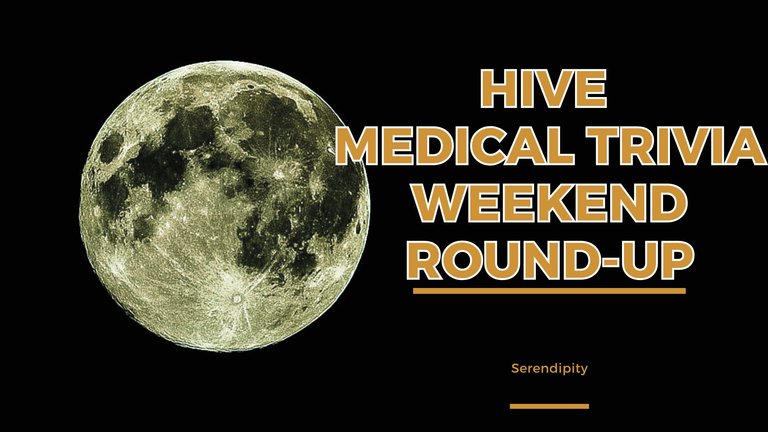
It is the weekend again. This week’s trivia questions focused on Hypertension, commonly known as high blood pressure. it is a silent yet serious condition that can lead to severe health problems if not managed properly. Here’s a detailed look into each question, along with straightforward answers and explanations to help you understand the condition better.
Monday
Question: Which blood pressure reading indicates a hypertensive crisis?
Options:
A) 140/90 mmHg
B) 160/100 mmHg
C) 180/120 mmHg
D) 200/150 mmHg
Answer: C) 180/120 mmHg
Explanation:
A hypertensive crisis occurs when blood pressure rises dangerously high (≥180 systolic or ≥120 diastolic). 180/120mmHg is the cut-off beyond which serious medical complications are expected without proper management. This is a medical emergency because it can lead to life-threatening conditions like stroke, heart attack, or kidney damage. If someone has this reading, they should seek immediate medical attention.
Tuesday
Question: Which dietary element is most implicated in raising blood pressure?
Options:
A) Potassium
B) Sodium
C) Magnesium
D) Calcium
Answer: B) Sodium
Explanation:
Excess sodium (commonly found in salt) can increase blood pressure by causing the body to retain water, leading to extra strain on the heart and blood vessels. Reducing salt intake is one of the simplest ways to control hypertension. Foods like processed snacks, canned soups, and fast food are high in sodium and should be consumed sparingly.
Wednesday
Question: Which type of stroke is most often associated with hypertension?
Options:
A) Ischemic stroke
B) Haemorrhagic stroke
C) Cryptogenic stroke
D) Embolic stroke
Answer: B) Haemorrhagic stroke
Explanation:
Hypertension is a major risk factor for haemorrhagic strokes, which occur when a blood vessel in the brain bursts, causing bleeding. High blood pressure weakens the walls of blood vessels over time, increasing the likelihood of such a rupture. In contrast, ischemic strokes (caused by blood clots) are more common but less directly linked to hypertension.
Thursday
Question: A 55-year-old man has a BP of 150/95 mmHg on 3 separate readings. What stage of hypertension is this?
Options:
A) Normal BP
B) Prehypertension
C) Stage 1 Hypertension
D) Stage 2 Hypertension
Answer: C) Stage 1 Hypertension
Explanation:
Blood pressure is classified into stages to guide treatment:
- Normal: </=120/80 mmHg
- Elevated/Prehypertension: SBP): 130-139 mmHg| (DBP): 80-89 mmHg
- Stage 1 Hypertension: SBP: 140-159 mmHg |DBP: 90-99 mmHg
- Stage 2 Hypertension: SBP: 160 mmHg or higher| DBP: 100 mmHg or higher
The patient’s BP of 150/95 mmHg clearly falls into Stage 1 Hypertension, which warrants lifestyle changes and possibly medication to prevent complications.
Friday
Question: Which is NOT a risk factor for hypertension?
Options:
A) Family history
B) Sedentary lifestyle
C) High potassium intake
D) Obesity
Answer: C) High potassium intake
Explanation:
Potassium actually helps lower blood pressure by balancing the negative effects of sodium. Foods rich in potassium, such as bananas, oranges, spinach, and potatoes, are excellent choices for people looking to manage or prevent hypertension. The other options—family history, a sedentary lifestyle, and obesity—are all well-established risk factors for high blood pressure.
Takeaway Tips to Manage Hypertension
- Monitor your BP: Regular checks can catch hypertension early.
- Eat a balanced diet: Reduce salt and prioritize potassium-rich foods.
- Stay active: Regular exercise keeps your heart and vessels healthy and your blood pressure low.
- Maintain a healthy weight: Obesity increases the strain on your cardiovascular system and increases your blood pressure
- Manage stress: Chronic stress can contribute to hypertension.
By understanding the factors behind hypertension, you can take actionable steps to lower your risk and maintain a healthier lifestyle. See you next week for another exciting round of medical trivia.
